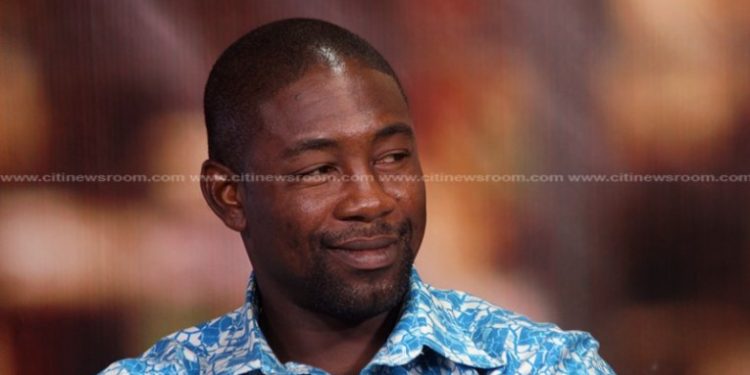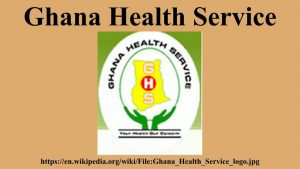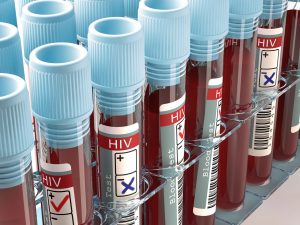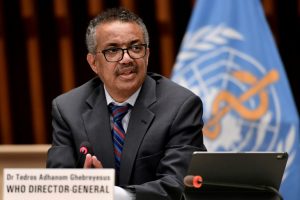A member of the National COVID-19 task force and former Deputy Minister for Health, Dr. Bernard Okoe Boye has defended the testing regime being used at the Kotoka International Airport.
This comes after a traveller released a video casting doubts on the credibility of the COVID-19 test results given her at the Airport.
Her 12-minute-long video has caught the attention of key stakeholders, including the former Deputy Health Minister.
In a counter video, Dr. Bernard Okoe-Boye is seen passionately defending the testing regime being used at the airport, while bemoaning attempts by the traveller to compare the country’s test regime to that of foreign countries.
“We’ve been doing this for close to a year now and as a country, we know that it has served the country as well. The fact that you tested negative within 72 hours doesn’t mean you cannot carry the virus.”
“In fact, any laboratory physician will let you know that no test is absolute, and we’ve had quite a number of people who tested positive at Kotoka International Airport and later fell ill despite carrying negative PCR tests,” Dr. Okoe Boye said.
The Ghana Health Service has also come out to refute the claims of poor COVID-19 testing among passengers at the airport.
Statistics on KIA testing
All passengers arriving in Ghana are to have in their possession a negative COVID‑19 PCR test result in English from an accredited laboratory in their country of origin.
The tests are to be done not more than 72 hours before the scheduled departure from the country of origin.
But some passengers and even the Minority in Parliament have raised concerns over what they say are discrepancies in the outcome of such tests at the Kotoka International Airport.
Since the KIA was re-opened to international travel on 1st September 2020, a total of 398,803 passengers have so far been tested for COVID-19 upon arrival at the KIA as of 31st July 2021.
Of these, 2,386 have tested positive for COVID-19, representing 0.6% of the total Antigen tests conducted at the KIA for arriving passengers.
Out of those who have tested positive, 1,494 (63%) have been males and 892 (37%) have been females. Again, 987 (41%) have been Ghanaians and 1,399 (59%) non-Ghanaians.






